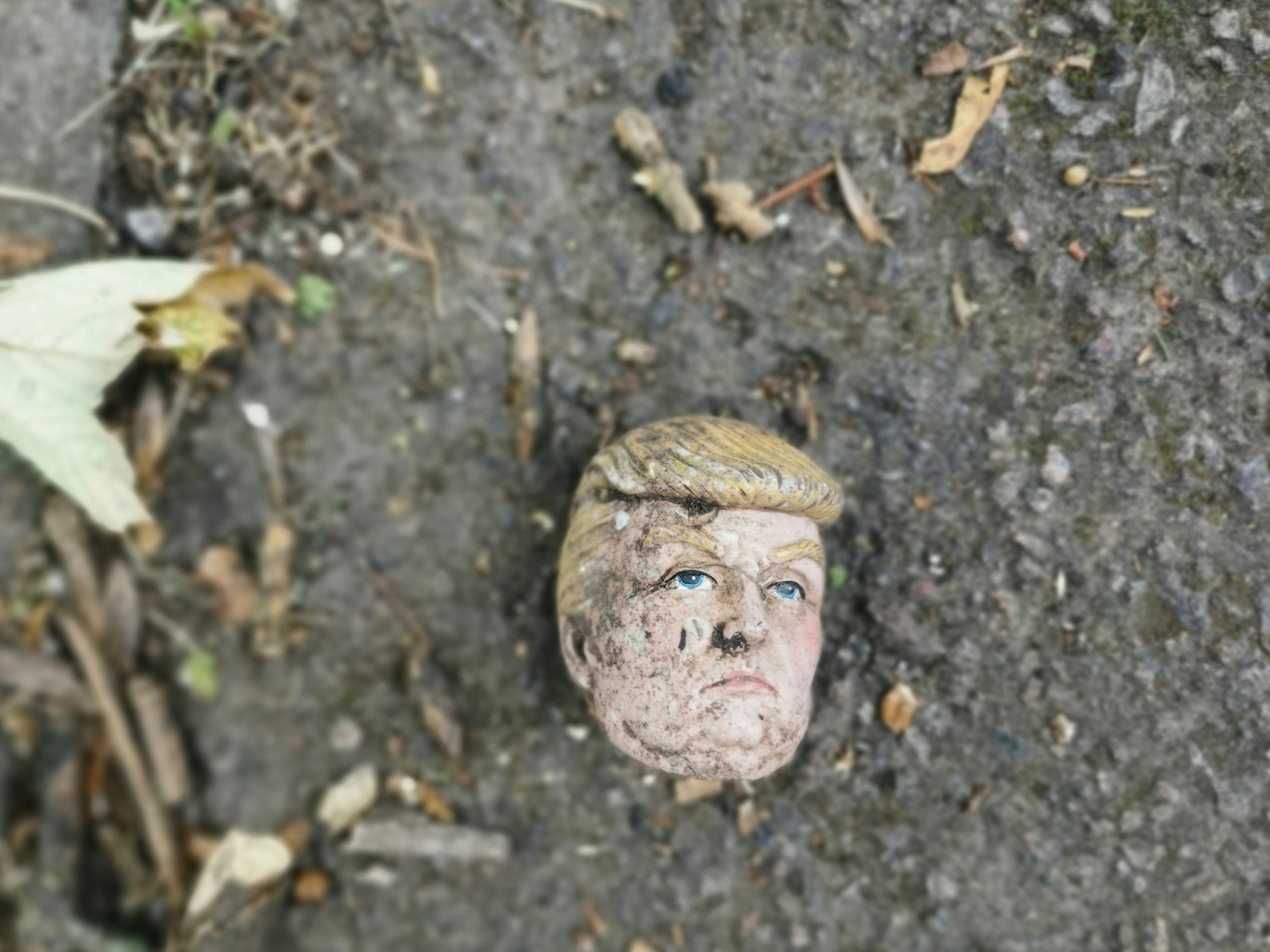Trump 2.0 And The Future Of ESG: Can Sustainable Investing Weather The Storm?

Environmental, Social, and Governance (ESG) investing has grown exponentially over the past decade, driven by a global focus on sustainability and ethical practices. However, the political landscape in the United States has presented challenges to the sector, particularly during Donald Trump’s first presidency. If Trump were to return to office, the resilience of ESG investing would be tested again. This article explores how a second Trump presidency could impact ESG initiatives and whether the sector’s adaptability can ensure its survival.
The Impact of Trump’s First Term on ESG Investing
Rollbacks on Environmental Regulations Trump’s first term saw significant deregulation in environmental policies. Initiatives such as the withdrawal from the Paris Agreement and the repeal of the Clean Power Plan reduced federal support for renewable energy and climate-focused projects. These actions created an unfavorable environment for ESG-focused funds, particularly those prioritizing environmental sustainability.
Political Rhetoric Against ESG Trump and his administration often framed ESG as “woke capitalism,” a term that resonated with his base but polarized public opinion. This rhetoric contributed to skepticism around ESG principles, painting them as ideological rather than financial strategies.
Market Trends Despite Resistance Despite federal opposition, ESG investing continued to grow, driven by global market demand and investor interest. Companies with strong ESG commitments found ways to thrive, especially as international markets and regulatory frameworks supported sustainability initiatives.
The Political Backlash Against ESG in Recent Years
State-Level Opposition In the years since Trump’s presidency, Republican-led states have enacted anti-ESG laws and policies, targeting asset managers who prioritize sustainability. For example, some states have boycotted financial firms that exclude fossil fuel companies from their portfolios, signaling a broader trend of politicizing ESG.
Federal Influence Under Trump 2.0 A second Trump presidency could amplify these efforts, reviving anti-ESG rhetoric and introducing policies that hinder sustainable investing. Potential actions could include reducing transparency requirements for ESG reporting or incentivizing traditional energy sectors at the expense of renewable energy. Such measures would create additional hurdles for ESG funds and their advocates.
The Resilience of ESG Investing
Corporate Commitments to Sustainability Despite political opposition, many corporations have embraced ESG principles as core elements of their business strategies. Companies like Apple, Microsoft, and Tesla have made significant investments in renewable energy and social responsibility, demonstrating that sustainability can drive profitability.
Investor Demand for ESG ESG funds have continued to attract significant capital, reflecting strong consumer and institutional investor demand. Younger generations, in particular, prioritize ethical investments, pushing financial institutions to maintain ESG offerings.
Global Trends Supporting ESG International markets and regulatory frameworks, such as the European Union’s Green Deal, have bolstered ESG momentum. These global forces provide a counterbalance to domestic political opposition, ensuring that ESG remains relevant in the U.S. market.
Strategies for ESG Survival Under Trump 2.0
Decoupling ESG from Political Ideology To navigate a politically polarized environment, ESG advocates can emphasize the financial benefits of sustainable investing. Framing ESG as a value-driven strategy for long-term growth may help bridge ideological divides.
Adaptation and Innovation The development of more transparent and measurable ESG metrics can address criticisms about greenwashing and subjectivity. Leveraging technology, such as AI and blockchain, can enhance the credibility and effectiveness of ESG initiatives.
Focusing on Market Forces Highlighting the financial advantages of ESG—such as risk mitigation and long-term profitability—can appeal to investors across the political spectrum. Demonstrating how ESG aligns with fiduciary duties can help neutralize opposition.
Opportunities Amid Challenges
Resilience in Global Markets As global demand for sustainable investing grows, international investors can sustain ESG momentum in the U.S., even amid domestic resistance. Cross-border collaboration and investment opportunities may shield ESG from localized political challenges.
Shift Toward Private Sector Leadership In the absence of federal support, corporations can take the lead in driving ESG forward. Private sector innovation and commitment to sustainability can keep the movement alive, regardless of government policies.
Public Awareness and Grassroots Support Consumers increasingly prefer sustainable products and ethical business practices. This shift in public awareness can pressure companies and investors to maintain ESG commitments, creating a bottom-up push for sustainability.
Conclusion
A second Trump presidency could pose significant challenges to ESG investing, particularly through regulatory rollbacks and intensified political opposition. However, the sector’s resilience lies in its adaptability and global momentum. By decoupling ESG from political ideology, focusing on measurable outcomes, and leveraging market forces, the sustainable investing movement can withstand these headwinds. Ultimately, the survival of ESG will depend on continued innovation, investor education, and a collective commitment to a sustainable future.
Author: Brett Hurll
Gyrostat Capital Management: Why Risk Management Is Not About Predicting Risk
Why Risk Management is Not About Predicting Risk Financial markets reward confidence, but they punish certai... Read more
Gyrostat January Outlook: Calm At Multiyear Extremes
This monthly Gyrostat Risk-Managed Market Outlook does not attempt to forecast market direction. Its p... Read more
Gyrostat December Outlook: The Market Does The Work
Harnessing Natural Volatility for Consistent Returns Markets have always moved more th... Read more
Gyrostat Capital Management: Why Advisers Must Scenario-Plan Both The Bubble And The Bust
The Blind Spot: Why Advisers Must Scenario-Plan Both The Bubble and The Bust In financial m... Read more
Gyrostat Capital Management: The Hidden Architecture Of Consequences
When Structures Themselves Become A Risk In portfolio construction, risk is rarely where we look for it.... Read more
Gyrostat November Outlook: The Rising Cost Of Doing Nothing
Through the second half of 2025, markets have delivered a curious mix of surface tranquillity and instabi... Read more

